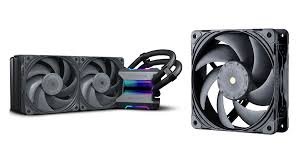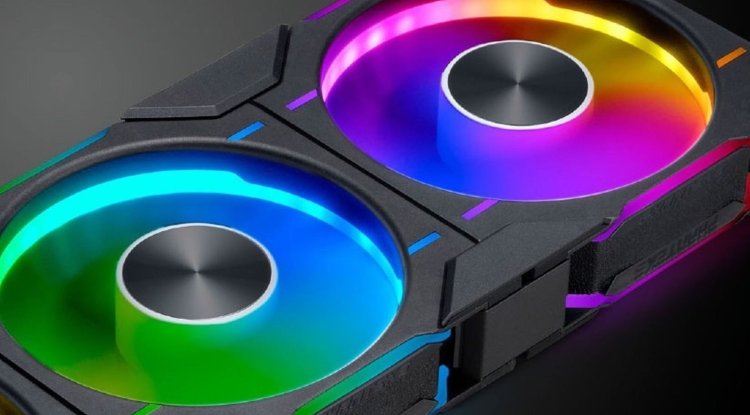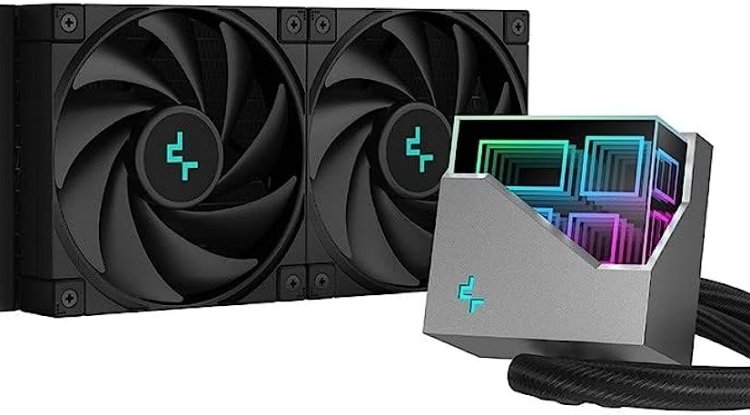Is it Better to Have a Single or Dual Fan CPU Cooler?
When it comes to choosing a CPU cooler for your computer, one of the important decisions you need to make is whether to opt for a single fan or a dual fan configuration. This choice can have a significant impact on the cooling performance of your CPU, which in turn affects its overall stability and lifespan. In this article, we will explore the advantages and considerations of both single and dual fan CPU coolers, helping you make an informed decision that meets your specific requirements.

Single Fan CPU Coolers
A single fan CPU cooler consists of a heatsink and a single fan mounted on top of it. This configuration is commonly found in entry-level and mid-range coolers. Here are some key points to consider:
1. Simplicity and Cost-Effectiveness
Single fan CPU coolers are often more straightforward in design and installation compared to their dual fan counterparts. They typically come at a lower price point, making them an attractive option for budget-conscious users.
2. Space and Compatibility
Due to their compact size, single fan coolers are well-suited for smaller PC cases or systems with limited space around the CPU socket. If you have a compact build or are working with tight clearance, a single fan cooler can be an optimal choice.
3. Cooling Performance
While single fan coolers may not offer the same level of cooling performance as dual fan coolers, they can still adequately cool most CPUs, especially if you are not planning to engage in heavy overclocking or run particularly demanding tasks. For average usage scenarios, a well-designed single fan cooler can maintain acceptable temperatures.
Dual Fan CPU Coolers
Dual fan CPU coolers feature two fans mounted on either side of the heatsink, providing enhanced cooling capabilities. These coolers are generally found in high-end and performance-oriented systems. Let's delve into the advantages of using a dual fan CPU cooler:
1. Improved Heat Dissipation
With two fans working in tandem, dual fan coolers excel in dissipating heat from the CPU. The increased airflow and enhanced cooling efficiency help keep the temperatures lower, which can be particularly beneficial for high-performance CPUs or when engaging in heavy overclocking.
2. Enhanced Acoustic Performance
While dual fan coolers provide superior cooling performance, they often achieve this while maintaining relatively low noise levels. The dual fans can operate at lower speeds to achieve the same cooling effect as a single fan cooler running at higher speeds, resulting in a quieter computing experience.
3. Overclocking Potential
If you are an enthusiast or someone who enjoys pushing the boundaries of their hardware, a dual fan CPU cooler is an ideal choice. The improved cooling capacity allows for more headroom when overclocking your CPU, providing stability and preventing thermal throttling.
Also Check ARCTIC Liquid Freezer II
Conclusion
In the debate of single fan vs. dual fan CPU coolers, the choice ultimately depends on your specific needs and requirements. If you have a limited budget, a small form factor PC, or engage in moderate computing tasks, a well-designed single fan cooler can suffice. On the other hand, if you demand top-notch cooling performance, plan to overclock your CPU, or have a larger system with sufficient space, a dual fan cooler offers superior heat dissipation and enhanced overclocking potential.





































